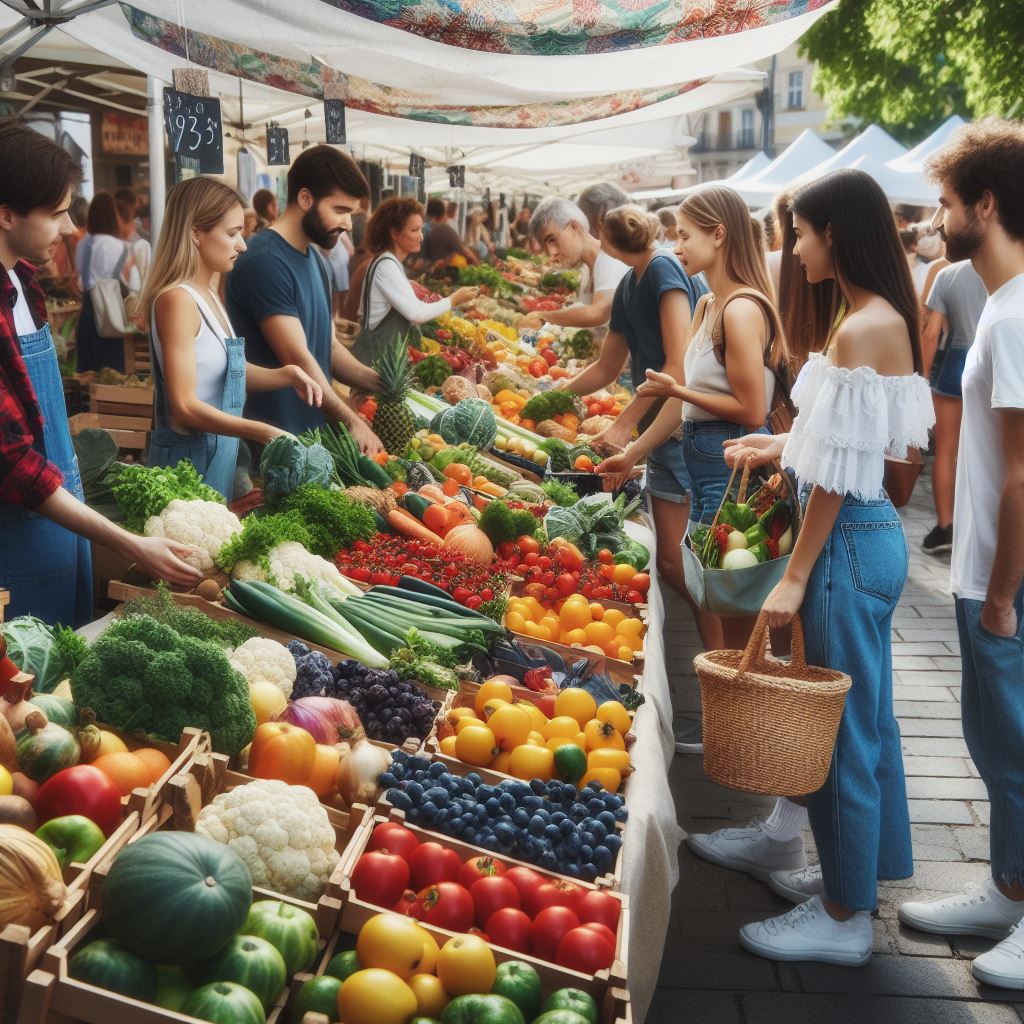
Publication of the article « Reversing the trend of agrobiodiversity decline by co-developing food chains with consumers» in Sustainable Production and Consumption
We are pleased to announce that the article “Reversing the trend of agrobiodiversity decline by co-developing food chains with consumers: A European survey for change” has just been published in the journal Sustainable Production and Consumption.
Written by members of Divinfood (Yuna Chiffoleau, Tara Dourian, Géraldine Enderli, Dalia Mattioni, Grégori Akermann, Allison Loconto, Francesca Galli, Gulyás Emese, Zsófia Perényi, Luca Colombo, Sonia Massari, Dominique Desclaux), this article is based on the lessons learned from deliverable 1.1 (see deliverable here).
You can find the full article on Science Direct (open access article) by clicking on this link or read the abstract below:
” Agrobiodiversity is in rapid decline, due to the intensification of agriculture and the development of food value chains based on industrial processing techniques. However, consumers are not generally involved in developing solutions to reverse this trend and their relation to agrobiodiversity remains largely unknown. As part of a European project, and with the aim of involving consumers in guiding research, innovation and policies, a large online survey (n = 2397) and focus groups (n = 82) were carried out in seven countries to gather consumers’ preferences and aversions regarding the use of agrobiodiversity in food chains in relation to their environmental concerns, food consumption practices and knowledge. Using the majority judgment approach typically used to improve political votes, different options for using of agrobiodiversity in food chains were proposed to citizen-consumers. Results first showed that the decline of agrobiodiversity is a concern for consumers, but does not guide food schoices. Then, the alternative options for using agrobiodiversity in food chains, previously documented as favourable to its conservation and development, received positive votes from a large majority of respondents, regardless of their socio-economic category. However, the research showed that respondents seem to have limited knowledge on the subject. This study calls for more research and policies to support alternative options for using agrobiodiversity in food chains. It also encourages the co-development of agrobiodiversity-based markets with citizen-consumers as well as the creation of food environments conducive to learning on agrobiodiversity”

Leave a Reply